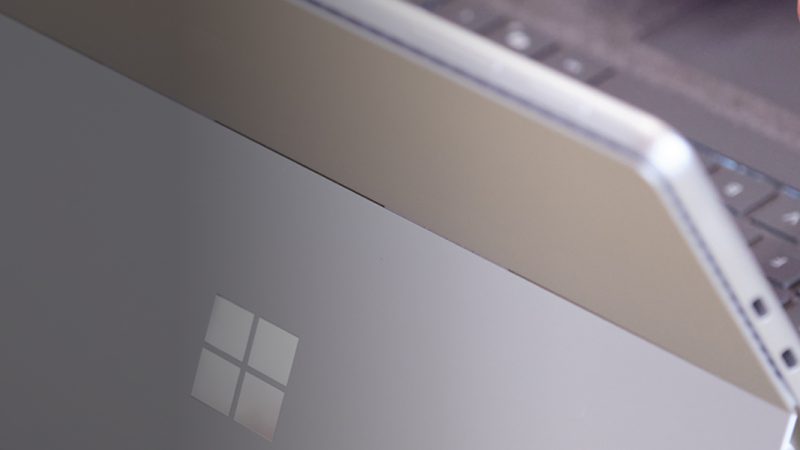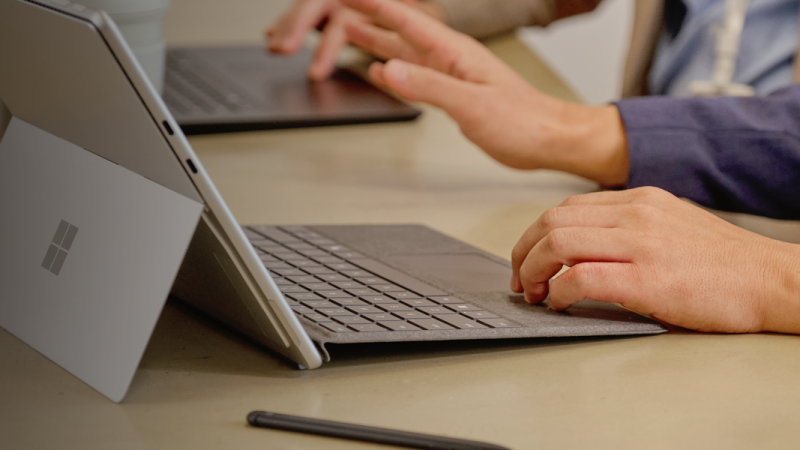
Queensland Department of Education transforms remote access capability with Azure Virtual Desktop

There’s nothing like a crisis to underscore deficiencies in aging IT infrastructure – and so COVID-19 provided added impetus to the search for a modern replacement of remote access technologies used by corporate staff within the Queensland Department of Education (QLD DoE).
This year saw deployment of the cloud-based Azure Virtual Desktop (AVD) platform to all corporate-based QLD DoE staff across the state, modernising how core services can be accessed anywhere, anytime, and from a wide range of devices.
The new AVD solution went live in February 2023, just in time for the new school year. It replaced a decade-old Virtual Desktop Infrastructure (VDI) platform that was still being physically hosted in the Department’s private cloud infrastructure.
The new system’s advantages include its scalability, ability to be customised, ease of maintenance and management as well as advanced reporting capabilities and environmental sustainability.
The previous remote access platform was not flexible enough to meet the Department’s changing needs. So, when COVID shutdowns sent over 5,000 corporate staff to work from home in 2020, a remote access service that was tailored for use by 400 users suddenly struggled to cope.
Corporate staff were unable to access core services and applications from home and IT support staff were forced to implement workarounds such as the extended use of VPN services to ensure service continuity during that time.
AVD provided an effective way to address future situations such as COVID, with the ability to scale up and down according to needs and in a cost-effective manner, giving the Department the ability to be nimble in its response to major events such as pandemics, floods, and fires.
This scalability also includes automation to power off virtual machines and hosts when they are not in use, saving energy, cost and increasing the environmental sustainability of the new solution.
Cloud service brings budget benefits
The QLD Department of Education requires specialised workstations for use by its IT developer contractor workforce, which ebbs and flows in size. Azure Virtual Desktop enables laptops to be built, customised and provisioned for use by developers when they come on board, which saves on the cost and time taken to purchase new high-spec machines each time a new contractor is hired for a development project or initiative.
Moving to a cloud-based service has also brought other significant savings, starting with the fact that it no longer has to purchase, maintain and refresh “on-premises” remote working IT infrastructure.
New efficiencies include the ease of installing updates on devices, which has reduced from being a complicated day-long process to a simple task that takes around 45 minutes. With the previous remote access platform, updates had to be applied to multiple customised images but all virtual machines can now be updated through a single process.
The QLD DoE IT support team continue to finetune their AVD deployment and expect to find more cost savings and improvements, aided by the system’s increased reporting capability on costs and usage trends.

A system to suit the times
Implementation of Azure Virtual Desktop at the QLD Department of Education took around six months – assisted by the fact that the skill set of the IT team responsible was already moving towards cloud-based technologies.
The skills required to maintain the previous VDI system had become quite specialised over time, as the market has moved towards cloud-based technologies and training. It had become increasingly difficult to find staff with the knowledge and experience to manage and maintain the old system, particularly when it was under stress.
The implementation of AVD was guided by cloud computing & ICT solutions provider Data #3, along with Microsoft specialists and the Department’s Automation and Cloud Engineering team.
As part of the implementation, the Department also leveraged Microsoft’s Enterprise Skilling Initiative (ESI) and Azure-based training to skill up technical SME’s which streamlined the entire process.
Corporate staff report that when working remotely, the experience is much more consistent with using their everyday office desktops than it had been under the previous remote access system. Azure offers faster and more direct access to core departmental applications used by staff each day.
Security of the Department’s entire remote access system has also been increased with a move to the Azure platform. As the platform is now primarily based on the use of virtual apps, there is less direct access to the physical devices used by corporate staff. The partnership with Microsoft also ensures greater protection against threats such as Denial of Service (DDoS) attacks through use of Microsoft Defender.
With the implementation of Azure Virtual Desktop for remote access, the Queensland Department of Education has embraced a system that aligns with demands of the times, ensuring a consistent and secure remote work experience for its staff, while also improving operational efficiency. The scalability, customisation, total cost of ownership savings, ease of maintenance and reporting capabilities offered by Azure have together ensured a successful transition.
“Data#3 is proud to be involved in the Azure Virtual Desktop Project. As the Department’s Microsoft Partner for over 20 years, we are pleased to be involved in another key project that delivers new capabilities for QED staff leveraging Microsoft Technologies.” David Wain – National Practice Manager, Education Sector
Categorised in: Education, Industry
This post was written by Microsoft Australia









